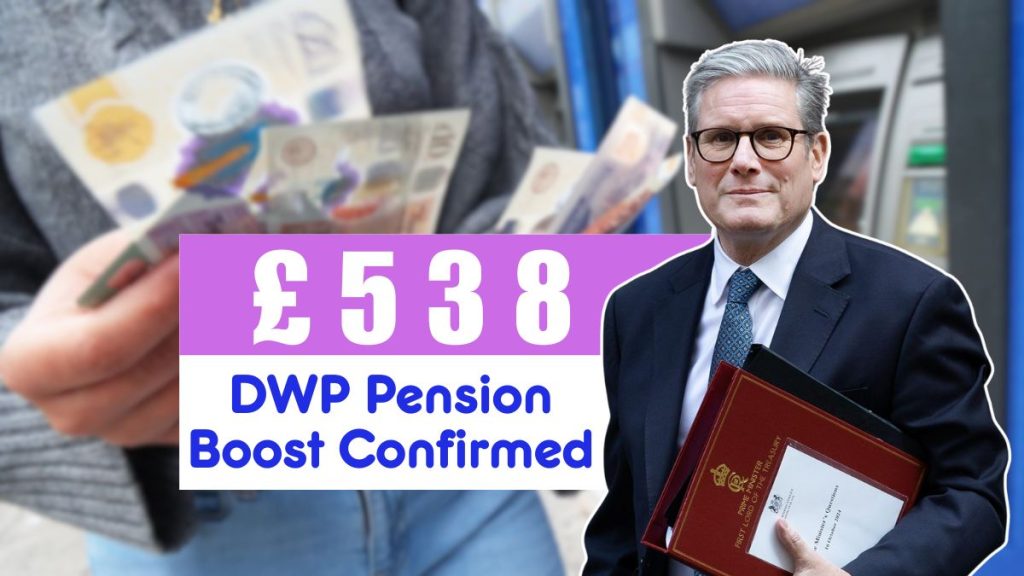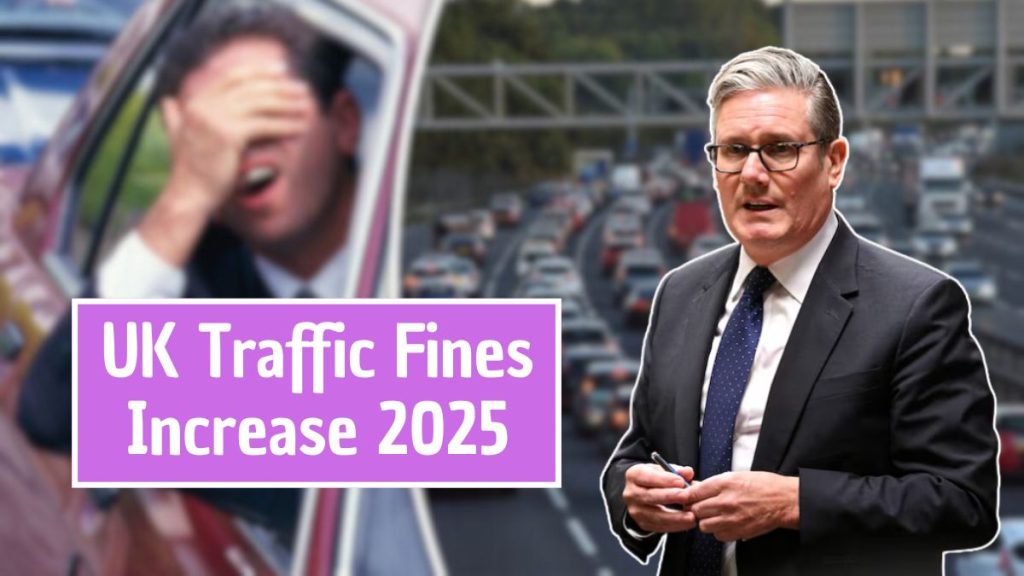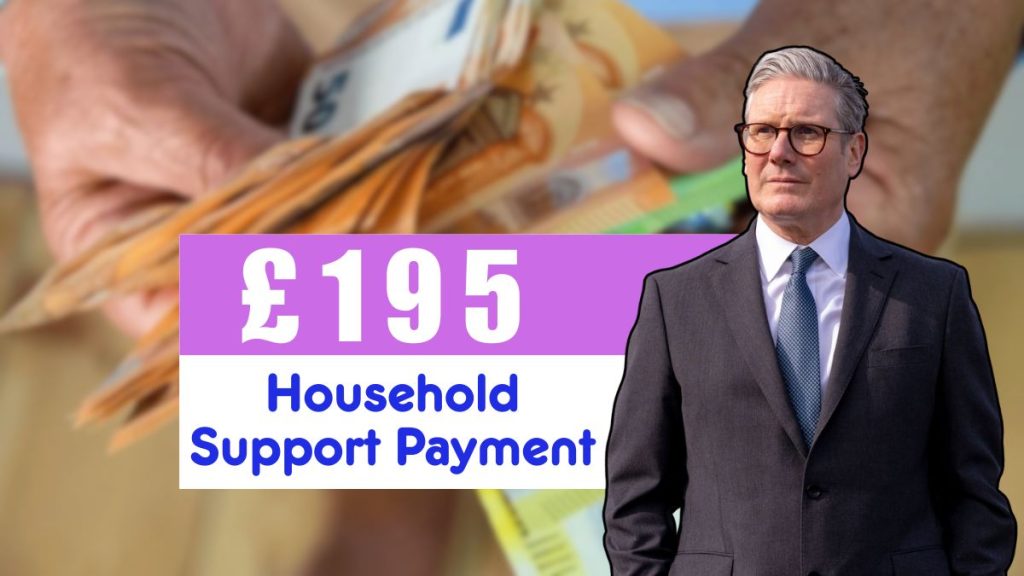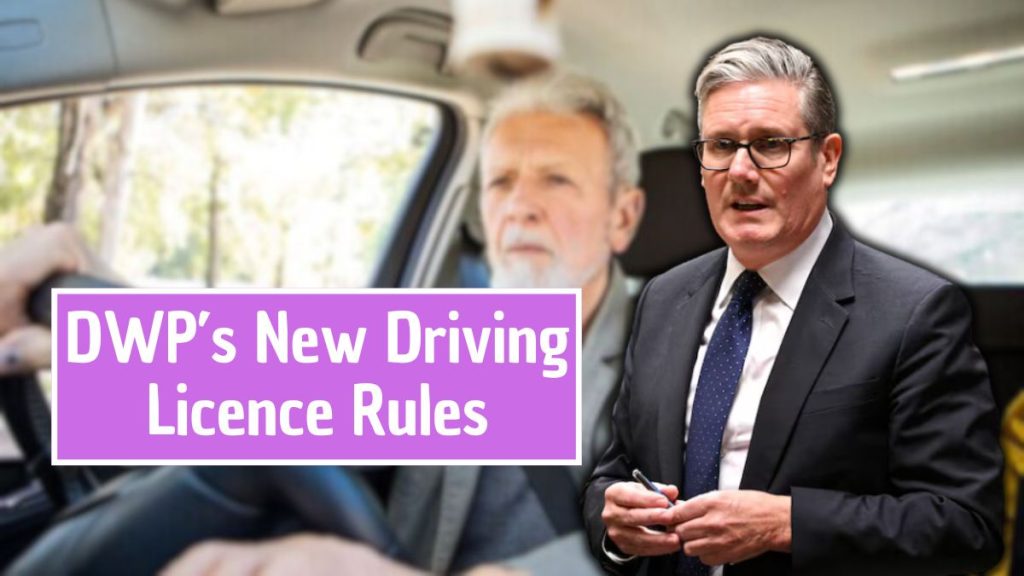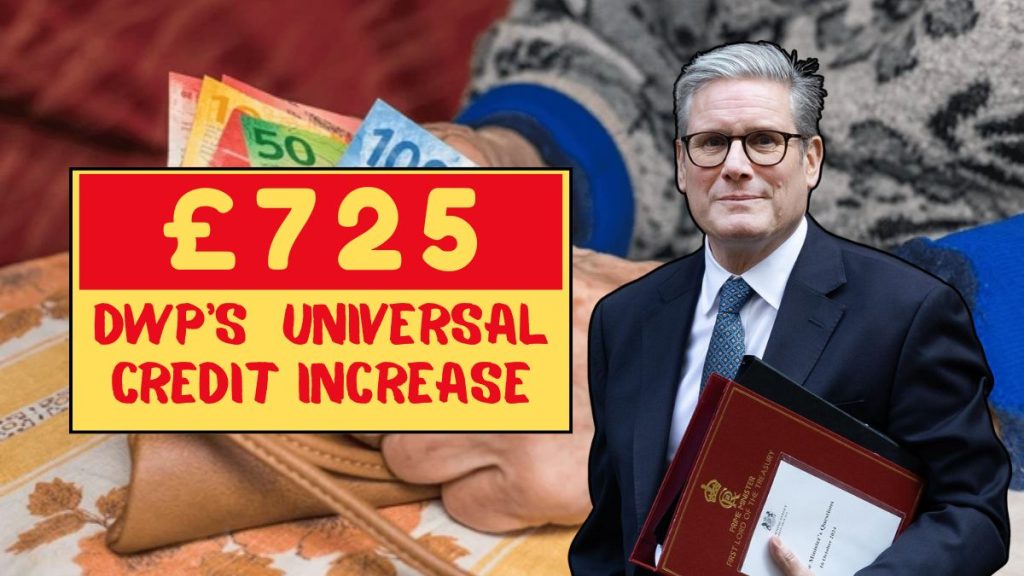UK pensioners are being warned about a new £300 bank deduction confirmed by HMRC. This announcement has raised serious concern among retirees, many of whom rely heavily on their pensions to cover everyday expenses. Understanding why this deduction is happening, who will be affected, and what steps can be taken to manage the change is essential for anyone impacted.
Why HMRC Is Making the Deduction

HMRC has clarified that the £300 deduction relates to adjustments in tax credits, overpayments, and other government benefits. Pensioners who previously received excess payments may see this amount deducted directly from their accounts.
According to HMRC, the move is part of routine checks to ensure tax and benefits are calculated fairly, and that no one is overpaid or underpaying. While described as an administrative adjustment, the effect on pensioners’ finances could be significant.
Who Will Be Affected by the Deduction?
Not every pensioner will face this deduction. HMRC has identified certain groups more likely to be impacted, including:
- Individuals who received excess tax credits or benefit payments in previous years.
- Pensioners with income above certain thresholds, triggering repayment obligations.
- Retirees who have not reported changes in circumstances, such as additional income or a change in household size.
It is vital for pensioners to check HMRC letters and their online accounts to see whether they are included in this adjustment.
How Much Will Be Deducted?
The confirmed amount is £300. Depending on the pensioner’s banking arrangements, HMRC may deduct the full sum at once or spread it across multiple months.
For those already struggling with bills, even a staggered deduction could impact financial stability. Pensioners are urged to check their bank statements carefully during the coming payment cycles.
When Will the Deduction Happen?
HMRC has stated that deductions will begin in the upcoming pension payment cycle, though dates will vary depending on each person’s pension schedule and banking provider.
Retirees are advised to monitor their bank accounts closely to identify when the deduction takes place.
How to Check If You Are Affected
The fastest way to confirm is through HMRC’s personal tax account online. Pensioners can log in and review recent messages and letters.
In addition:
- Letters are sent by post to the registered address.
- Notifications appear in the online account portal.
- Pensioners can call HMRC directly for clarification.
Keeping contact details up to date is vital to avoid missing important notices.
Steps to Take Before the Deduction
To prepare for the £300 deduction, HMRC advises pensioners to:
- Review finances: Check available funds to ensure essentials can still be covered.
- Check correspondence: Read all letters from HMRC carefully.
- Update information: Report any new income or household changes.
- Seek advice: Speak with financial advisors or charities that support pensioners.
Being proactive can reduce the shock of unexpected deductions.
What If You Cannot Afford the Deduction?
For pensioners who may struggle, HMRC offers the option to request a repayment plan. This allows the deduction to be spread across several months instead of being taken in full at once.
The repayment plan can help pensioners manage essential bills while still meeting HMRC obligations.
How HMRC Communicates with Pensioners
HMRC uses multiple methods to ensure pensioners are informed:
- Post: Letters sent to the registered address.
- Online account: Updates and official notifications.
- Phone helpline: For direct questions or appeals.
Always make sure your postal address, phone number, and online login details are accurate and up to date.
Common Concerns Among Pensioners
Many retirees have expressed worry about this deduction. Concerns include:
- Unexpected strain on fixed incomes: £300 is a large sum for pensioners already managing tight budgets.
- Timing of deductions: Some fear the money could be taken just before essential payments like rent or bills.
- Complex HMRC notices: Letters can be difficult to interpret without help.
Charities such as Age UK and Citizens Advice recommend seeking guidance early to avoid confusion.
How to Appeal or Query the Deduction
If you believe the deduction is incorrect, you can challenge HMRC. The process involves:
- Gathering documents: Collect bank statements, HMRC letters, and past payment records.
- Contacting HMRC: Report the discrepancy and provide supporting evidence.
- Requesting a review: HMRC may adjust or cancel the deduction if an error is confirmed.
Appeals should be made quickly to prevent delays in resolving the issue.
Alternatives to Manage the Deduction
If the deduction is unavoidable, consider:
- Budget adjustments: Reduce non-essential spending temporarily.
- Use of savings: Dip into emergency funds if available.
- Charity or council support: Some pensioner support schemes provide financial help for those in difficulty.
These strategies can soften the short-term impact of losing £300.
Tips to Prevent Future Deductions
To avoid similar issues in the future, pensioners should:
- Update HMRC whenever income or household circumstances change.
- Check eligibility for tax credits and benefits annually.
- Keep records of all HMRC correspondence and pension payments.
This can help ensure pensioners only pay what is required, with no risk of sudden deductions.
Why Financial Awareness Matters
The £300 deduction highlights the importance of financial awareness for pensioners. Many retirees rely solely on state pensions and small savings, leaving little room for unexpected changes.
By regularly reviewing accounts, staying updated with HMRC policies, and knowing appeal options, pensioners can maintain greater control over their financial security.
Support Resources for Pensioners
Several organisations provide help for pensioners facing deductions:
- Citizens Advice – Free advice on benefits and tax.
- Age UK – Support for older adults, including financial planning.
- HMRC Helpline – Direct contact for queries about deductions and appeals.
These resources can offer both guidance and practical solutions.
FAQs on HMRC £300 Deduction
1. Why is HMRC deducting £300 from pensioners’ bank accounts?
It is linked to adjustments for overpaid tax credits, benefits, or other payments made in previous years.
2. Will every pensioner face this deduction?
No. Only those identified by HMRC as having overpayments or income thresholds triggering repayment will be affected.
3. Can the deduction be spread out?
Yes. Pensioners can request a repayment plan so the £300 is taken in smaller amounts over several months.
4. What should I do if I think the deduction is wrong?
You should contact HMRC immediately, provide supporting documents, and request a formal review.
5. Where can pensioners get financial support or advice?
Citizens Advice, Age UK, and HMRC helplines all provide free advice and assistance.












